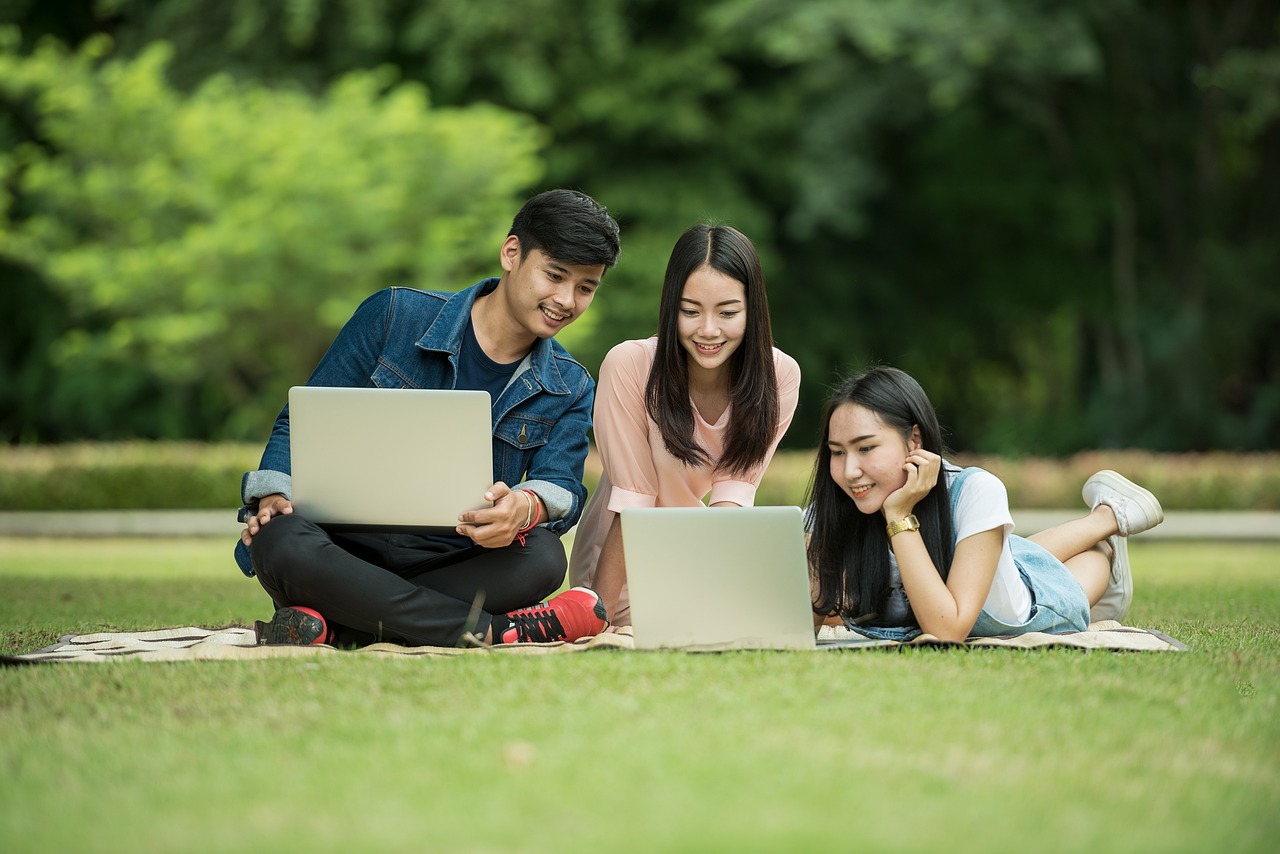The digital world is a double-edged sword, brimming with information and opportunities for learning, yet it also harbors potentially harmful content for young minds. As such, parental control has become an indispensable safeguarding mechanism in this era of ubiquitous technology usage among children.
YouTube app's parental control function works through restricting access to videos based on the user's age and the discretion of video uploaders. It utilizes algorithms that identify explicit content such as violence or sexual material. Consequently, those under certain age limits cannot view these videos without entering a correct birth date that indicates they are of appropriate viewing age.
Moreover, YouTube has launched YouTube Kids: an entirely separate application dedicated to providing child-friendly content. The app includes various safety measures like blocking search results that may lead kids towards unsavory material and limiting screen time through timers. Nevertheless, no system is infallible; hence, diligent supervision by guardians remains paramount.
However, many criticize these controls' effectiveness as they are not foolproof - some offensive materials still manage to slip through the cracks despite stringent policies. Also, tech-savvy youngsters often find ways around these barriers by entering false birth dates or using secondary accounts.
Furthermore, critics argue that reliance on automated systems can sometimes block educational or harmless videos mistakenly tagged as inappropriate due to misinterpretation by algorithms. Therefore balancing openness while ensuring safety becomes a daunting challenge for platforms like YouTube.
Despite these drawbacks, parental control remains a vital element in protecting young audiences from the darker corners of the internet world while allowing them safe exploration space online. Its existence acknowledges the responsibility social media platforms have towards their youngest users—an ethos every digital platform should adopt moving forward.
Overall though imperfect, parental controls on YouTube represent society's attempt at integrating technology into our lives responsibly. As we continue to improve these systems, it's crucial that we also educate our children about internet safety and digital citizenship, ensuring they are equipped with the skills necessary to navigate this ever-evolving digital landscape independently.
As for the least probable words: autonomy, ubiquitous, infallible, paramount, foolproof, unsavory, openness, ethos.

